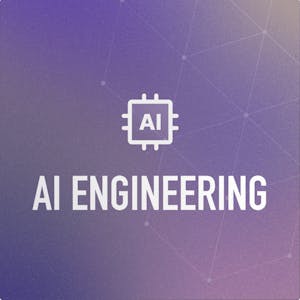Statistics & Mathematics for Data Science & Data Analytics
About this Course
This course equips you with essential statistical and mathematical tools to become proficient in data science and analytics. You will learn key concepts in descriptive statistics, probability theory, regression analysis, hypothesis testing, and more. By the end of the course, you will have a deep understanding of how statistical methods can be applied to solve real-world data problems and enhance data-driven decision-making. The course begins with an introduction to the basics of descriptive statistics, such as measures of central tendency, dispersion, and the differences between sample and population data. You will then explore distributions, including the normal distribution and Z-scores, and how to apply them in various scenarios. The journey continues with probability theory, where you will tackle concepts like Bayes\' theorem, expected value, and the central limit theorem, building a solid foundation for statistical analysis. Next, you will dive into hypothesis testing and learn how to perform tests like t-tests and proportion testing. You will also understand the significance of confidence intervals, the margin of error, and Type I and Type II errors. The regression section teaches you how to predict data values using linear regression, explore correlation coefficients, and analyze model accuracy with metrics such as MSE and RMSE. This course is ideal for aspiring data scientists, analysts, and anyone who wants to use statistics to interpret data. No prior knowledge of statistics is required, though familiarity with basic mathematics will be helpful. The course is structured to be engaging and practical, offering exercises and real-world applications that allow you to practice your skills.Created by: Packt

Related Online Courses
The purpose of this course is to provide you with an understanding of central bank policies and how such policies affect financial markets and the economy. The main aim of this course is to provide... more
This specialization teaches developers to build next-generation apps powered by generative AI. It covers topics including the OpenAI API, open-source models, AI safety, embeddings, vector... more
Service level indicators (SLIs) and service level objectives (SLOs) are fundamental tools for measuring and managing reliability. In this course, students learn approaches for devising appropriate... more
Copyright questions about different formats (data, images, music and video) can be especially difficult. Sometimes the law specifically distinguishes between these different formats, and in most... more
AI analyzes content, suggests visuals, and recommends layouts, elevating your presentations to the next level. It\'s like having a design assistant at your fingertips. This one-hour course is for... more







